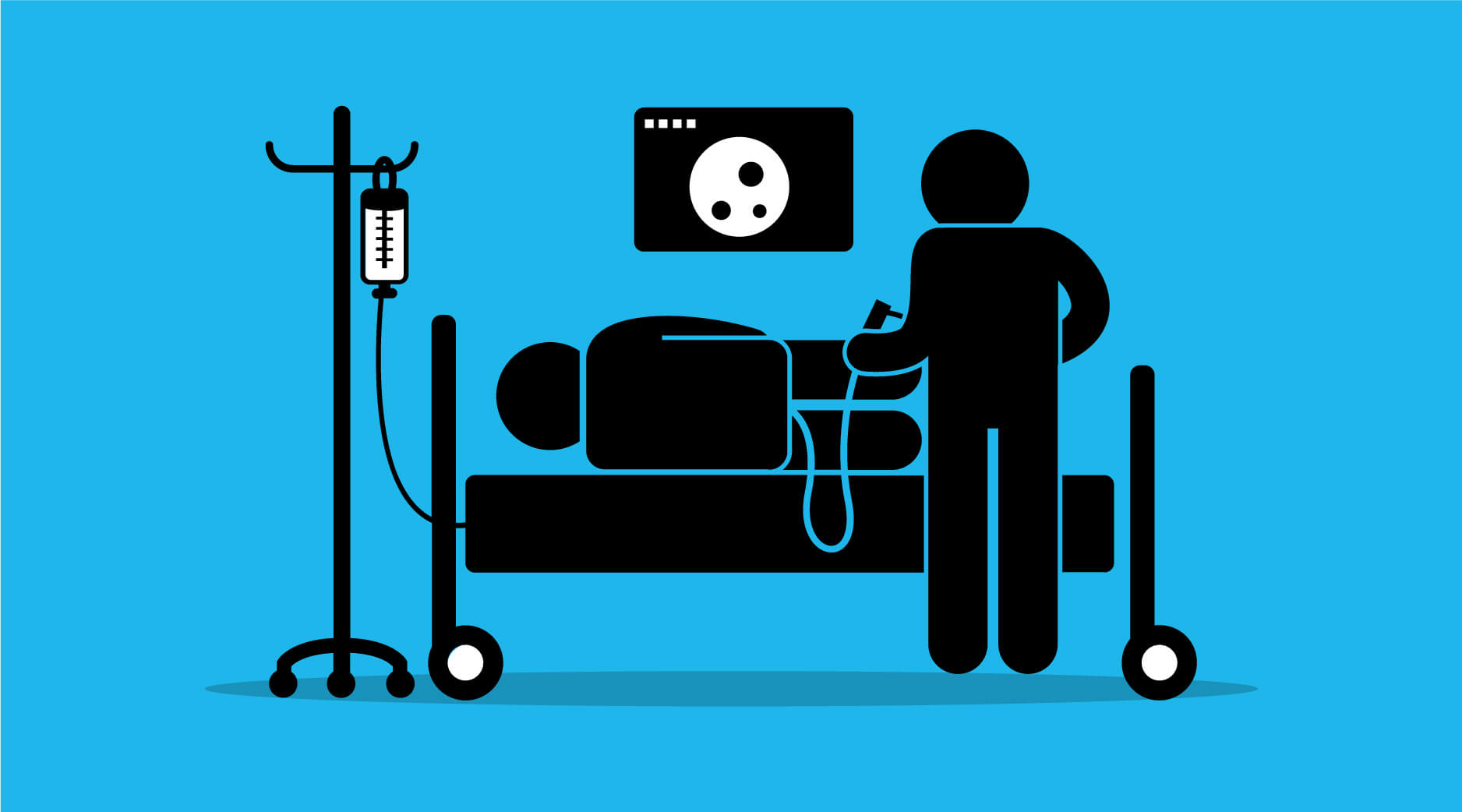Medical Device Software Testing: Ensuring the Reliability and Safety of Class II Medical Devices for a San Diego-Based Company


Company Overview
Our client is a San Diego-based biotech company specializing in FDA-approved Class II Medical Devices. This project, which we initially joined more than 5 years ago, is responsible for redesigning and manufacturing biomedical hardware provided in hospitals in the United States and Europe. This hardware targets multiple areas of health, including hematology, cancer monitoring and treatment, and more.
The software for this project is divided into two purposes:
- One software, connected via an intranet, provides updates to the hardware
- The second software tracks maintenance activities for the hardware to ensure working devices before being used on patients
The Integrant team works with several stakeholders on the customer side to continue building upgrades, implementing new features, identifying clear requirements, maintaining FDA approved software standards, and more. Our team’s hard work allowed us to proceed with a successful medical device software testing approach.
We love so many things about this project, especially the partnership we’ve formed with this client that has helped empower us to bring the best ideas and solutions to the table to be a small part of the giant impact they have on the healthcare world.
Overcoming the Challenges of Class II Medical Device Software Development and Testing
With almost 30 years of experience under our belts, we’ve seen the whole gambit of challenges in FDA approved software development projects. We know the stakes are high when it comes to global health, and we don’t take that lightly. Our teams were able to come together and tackle the challenges below:
Multiple Stakeholders
We worked with 8-9 stakeholders across four departments for this project. These departments help ensure the highest quality applications and working devices to best service the end user. These four departments also have differing priorities and needs. The challenge here is to balance each department’s needs and compromise on what leaves the backlog first.
Changing Requirements and Scope Changes
Some amount of change requirements or scope changes are expected on a project. For this project, when we were all set to begin work on the next release, a new set of features came up in an emergency situation for the current version of the medical device. This meant halting all work on the upcoming release and refocusing energy on new features that needed to get done with high quality and on time.
Rigorous Standards for an FDA Approved Software
There is no room for error when it comes to FDA approved software and medical devices. Quality and uptime are essential components to the livelihood of so many. In the past, significant amounts of time have gone into automated regression testing to guarantee the effectiveness of the medical device.
In addition, because an intranet is required to upgrade the device’s software (different than the internet upgrading the software on your iPhone or Android device), technicians’ training and reports become increasingly significant in pinpointing faulty equipment or software.
Our Solution to Building an FDA Medical Device Software
Like with every software project, we ran into a few challenges. We could remain calm, devise a plan, pivot when needed, and provide quality results and solutions for this medical device company. We’re thankful to our client for being with us every step of the way so we can continue the journey successfully together.
Agile Best Practices, Alignment, and a Business Analyst
While the development team practices a daily stand-up, our meetings with the client look a little different. We followed agile best practices to maximize effectiveness for this project. Key stakeholders on the client side meet on Mondays to align before meeting with Integrant employees three days mid-week. This helps facilitate priorities and move decisions along faster.
In addition, we added a Business Analyst, who has been instrumental in guaranteeing clear requirements that incorporate all necessary features. This has allowed the Technical Project Lead (TPL) to focus even more on quality code and implementing more efficient solutions like automated regression testing.

Automated Regression Testing
Our team has begun implementing automated regression testing to improve the timing of new releases while still maintaining the same high standard for FDA approved software. This will allow new versions to be deployed more quickly without adding stress about the effectiveness and reliability of the device.
Communication, Impact and Status Reports
With challenges like scope changes and changing requirements, it’s important that our team understands what’s going on and we’re realistic about the impact that changes and other obstacles provided to a software development project. These impact analyses are key to communicating our project status and potential project needs in order to accomplish agreed upon goals.
We're Always Ready
Not only are our engineers prepared for upcoming project changes or technology updates, but we also like to be ready in case any project challenges arise. Doing a little more work upfront to ensure we’re prepared and able to take on anything has been one key to our success.
To stay one step ahead and manage challenges like scope changes or change requirements, we did the following:
1. Estimate requirements right away so we have them prepared even if we work on something else first.
2. Keep an eye out for and communicate risks and challenges early
3. Always be two sprints ahead (and raise a flag if that’s not the case!)
4. Make sure TFS or Git boards are always up-to-date and well-managed. In this case, we had two boards to keep things crystal clear, allowing us to work concurrently on both releases if needed.

Conclusion
We’re hard at work on the next release, and we look forward to continuing our partnership on this project among the many others we have ongoing with this client. We don’t take for granted our strong relationship and ability to work together toward a successful outcome.

If you’re looking for an outsource software development company with extensive experience with Class II Medical Device software and FDA approval, contact us today!
